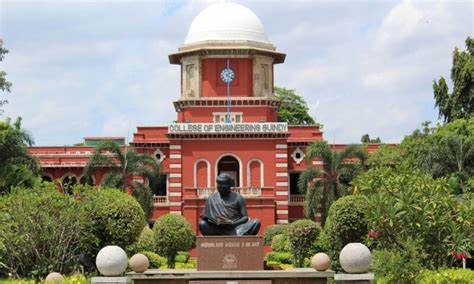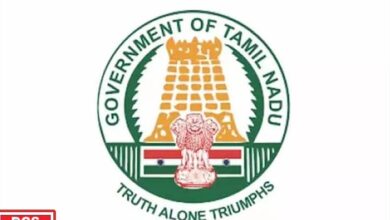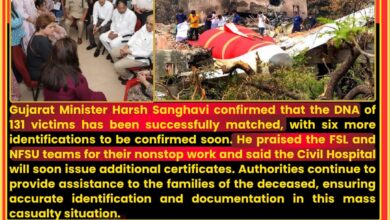
The Supreme Court has issued a stay on the directions given by the Madras High Court against the Chennai Police Commissioner, who had been criticized for disclosing details of a sexual assault case related to Anna University during a press conference. The case in question, which has caused widespread concern, involved a student at Anna University and sparked public debates about the handling of sensitive cases by law enforcement.
Madras High Court’s Criticism
The Madras High Court had strongly criticized the Chennai Police Commissioner, who held a press conference just two days after the incident, revealing critical facts of the case, including the identity of the victim and other sensitive details. The court pointed out that the police had failed to obtain prior government permission before making such disclosures. The bench felt that the commissioner’s actions could jeopardize the integrity of the investigation, the victim’s privacy, and the legal process.
The High Court’s remarks came as part of a broader discussion on how law enforcement authorities should handle sensitive cases, especially those involving sexual assault, to ensure fairness and prevent media sensationalism from interfering with ongoing investigations.
Supreme Court’s Stay
In response to the High Court’s orders, the Supreme Court intervened, staying the directions against the Police Commissioner. The Supreme Court’s decision was based on procedural grounds, offering the Chennai Police Commissioner temporary relief from any actions that could be taken against him for his disclosures. The matter will now be examined more closely, with the Supreme Court expected to review the legal arguments before making any final determinations.
Legal and Ethical Implications
The case has raised important questions regarding the balance between transparency and privacy in criminal investigations, particularly in cases involving sexual assault. Legal experts have highlighted the need for a careful approach, where law enforcement can inform the public without compromising the integrity of the investigation or violating the victim’s rights.
On the other hand, some have argued that the public has a right to be informed about the progress of investigations, especially in cases that have gained significant media attention. However, disclosing sensitive information, particularly before the investigation is complete, can lead to biases and influence public opinion in ways that may not be helpful to the legal process.
Public and Institutional Reactions
The disclosure of the case details by the Police Commissioner has sparked a wide range of reactions. Many in the public have expressed concern over the timing and nature of the press conference, noting that such information could have been withheld to avoid unnecessary public scrutiny of the victim.
The Anna University sexual assault case itself has drawn significant attention due to the nature of the crime and the perceived mishandling of the situation by various authorities. Many have called for more stringent protocols around the communication of sensitive case details, with an emphasis on protecting the victim and maintaining the integrity of the investigation.
The case is also under scrutiny for how the university and law enforcement agencies responded to the victim’s situation, further adding to the public discourse on how sexual assault cases should be handled in India.
Implications for Future Handling of Sensitive Cases
This legal battle will have far-reaching implications for how sexual assault cases are handled by police and the media. Legal analysts argue that it sets a precedent for the kind of behavior that law enforcement officers must follow when dealing with cases that could potentially become high-profile.
Furthermore, the case has put a spotlight on the role of the media in such cases. Critics have noted that press conferences or media leaks about ongoing investigations can damage the chances of a fair trial, affecting both the prosecution and defense.
Conclusion
The Supreme Court’s stay on the Madras High Court’s directions represents an ongoing legal struggle over the balance of power between law enforcement, the judiciary, and the media. While the legal process plays out, questions about how sexual assault cases should be managed in the public eye will continue to generate discussion. The resolution of this case will likely have a significant impact on how sensitive criminal investigations are approached in the future.










